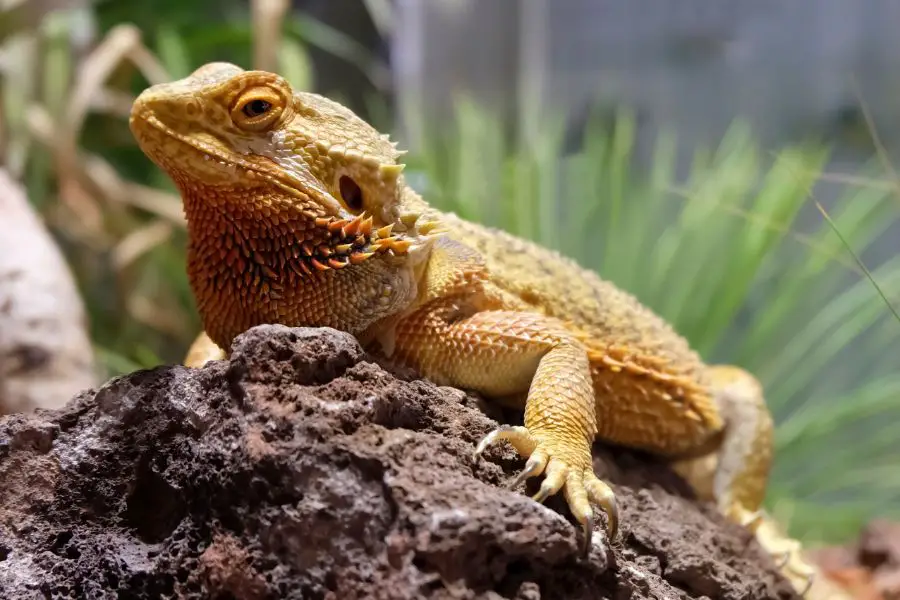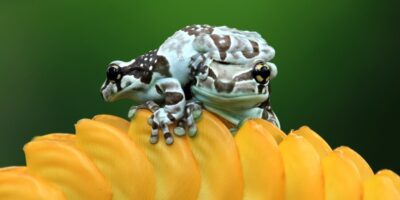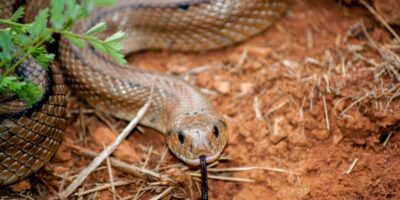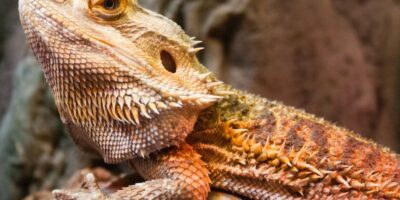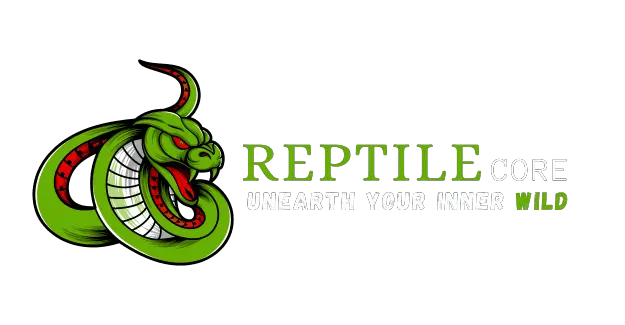When it comes to feeding our scaly friends, having a balanced and varied diet is super important. And one green veggie that often comes up is bok choy. Bok choy is packed with some fantastic nutrients that can benefit our bearded dragon pals. It contains vitamins like vitamin A, vitamin C, and vitamin K, which are essential for their overall health.
Bok choy also provides minerals such as calcium, potassium, and iron, which are important for bone strength and overall well-being. Plus, it’s a great source of fiber, which helps with digestion.
Nutritional Profile of Bok Choy
Bok choy is a leafy green vegetable that is not only delicious but also quite nutritious for our bearded dragon buddies. It’s low in calories and packed with essential vitamins, minerals, and fiber. Here’s a breakdown of its nutritional composition:
- Vitamins: Bok choy is a great source of vitamin A, which is crucial for their vision and immune system. It also contains vitamin C, which helps support their immune system and overall health. Additionally, it provides vitamin K, which plays a role in blood clotting and bone health.
- Minerals: This leafy green veggie is rich in minerals like calcium, which is essential for bone strength and development. It also contains potassium, which helps maintain proper hydration and supports heart and muscle function. Bok choy provides iron, which is important for their red blood cell production and overall energy levels.
- Fiber: Bok choy is a good source of dietary fiber, which aids in digestion and helps prevent constipation. It can contribute to a healthy digestive system for our scaly friends.
Can Bearded Dragons Eat Bok Choy
When it comes to feeding bok choy to our bearded dragon pals, it’s generally considered safe and can be a healthy addition to their diet. However, there are a few things to keep in mind:
- Calcium to Phosphorus Ratio: Bok choy contains a higher amount of calcium compared to phosphorus, which is great for bone health. However, it’s important to maintain a proper calcium-to-phosphorus ratio in their overall diet to avoid any imbalances.
- Goitrogens: Bok choy, like other cruciferous vegetables, contains goitrogens. These compounds can interfere with the thyroid function in large amounts. However, when fed in moderation, the goitrogenic effects are usually not a concern.
- Oxalates: Bok choy also contains oxalates, which can bind to calcium and form crystals in the urinary tract. Again, when fed in moderation and as part of a varied diet, the risk of oxalate-related issues is minimal.
To ensure the safety of feeding bok choy, it’s important to offer it in moderation and alongside a variety of other vegetables, greens, and protein sources. Additionally, proper preparation, such as washing thoroughly to remove any pesticides or dirt, is important. Overall, bok choy can be a nutritious addition to their diet, as long as it’s given in appropriate amounts and prepared properly.
Benefits of Feeding Bok Choy to Bearded Dragons
Incorporating bok choy into your bearded dragon’s diet can provide several health benefits and contribute to their overall nutrition and well-being. Here’s how:
- Hydration: Bok choy has a high water content, which can help keep your dragon hydrated. Adequate hydration is essential for their overall health and proper bodily functions.
- Vitamins and Minerals: Bok choy is rich in vitamins and minerals that are important for your dragon’s health. It contains vitamin A, which supports their eye health and immune system. It also provides vitamin C, which helps boost their immune system and overall well-being. Additionally, bok choy is a good source of calcium, which is crucial for bone health and development.
- Fiber: Bok choy is a great source of dietary fiber, which can aid in digestion and promote a healthy digestive system for your dragon. It can help prevent constipation and maintain regular bowel movements.
- Antioxidants: Bok choy contains antioxidants that can help protect your dragon’s cells from damage caused by harmful molecules called free radicals. This can contribute to their overall health and well-being.
How to Feed Bok Choy to Bearded Dragons
When preparing and serving bok choy for your bearded dragon, there are a few guidelines to keep in mind:
- Washing: Thoroughly wash the bok choy to remove any dirt or pesticides. You can use plain water or a mild reptile-safe soap if needed. Rinse it well to ensure no residue remaining
- Chopping: Cut the bok choy into small, bite-sized pieces that are easy for your dragon to consume. This helps prevent any choking hazards and makes it easier for them to eat.
- Portion Sizes: Offer bok choy as part of a varied diet. A good rule of thumb is to provide a portion size that is about the size of your dragon’s head or roughly 10-15% of their overall meal. This ensures they receive a balanced diet with a variety of nutrients.
- Frequency of Feeding: Bok choy can be offered a few times a week as part of their vegetable rotation. It’s important to provide a diverse range of vegetables and greens to ensure they receive a wide array of nutrients.
Remember, every dragon is unique, so it’s important to monitor their response to bok choy and adjust the portion sizes or frequency of feeding if needed. Always consult with a reptile veterinarian or a knowledgeable reptile expert for specific dietary recommendations for your bearded dragon.
Alternatives
There are several alternative greens and vegetables that you can include in your bearded dragon’s diet. Some options include collard greens, mustard greens, dandelion greens, kale, spinach, and turnip greens. These greens are rich in vitamins and minerals that can contribute to your dragon’s overall nutrition and well-being.
It’s important to emphasize the importance of variety and rotation in your bearded dragon’s diet. By offering a diverse range of greens and vegetables, you can ensure they receive a balanced and nutritious diet. Each type of green or vegetable has its own unique set of nutrients, so rotating them helps provide a wider array of vitamins and minerals. Remember to introduce new foods gradually and monitor your dragon’s response to ensure they tolerate them well.
Conclusion
In conclusion, when it comes to feeding your bearded dragon, it’s important to provide a variety of greens and vegetables such as bok choy, collard greens, mustard greens, dandelion greens, kale, spinach, and turnip greens. By offering a diverse range of foods, you can ensure they receive a balanced and nutritious diet.
Remember to wash and chop the greens, offer appropriate portion sizes, and rotate the vegetables to provide a wide array of nutrients. Additionally, consulting with a reptile veterinarian is crucial for specific dietary advice tailored to your dragon’s needs.
